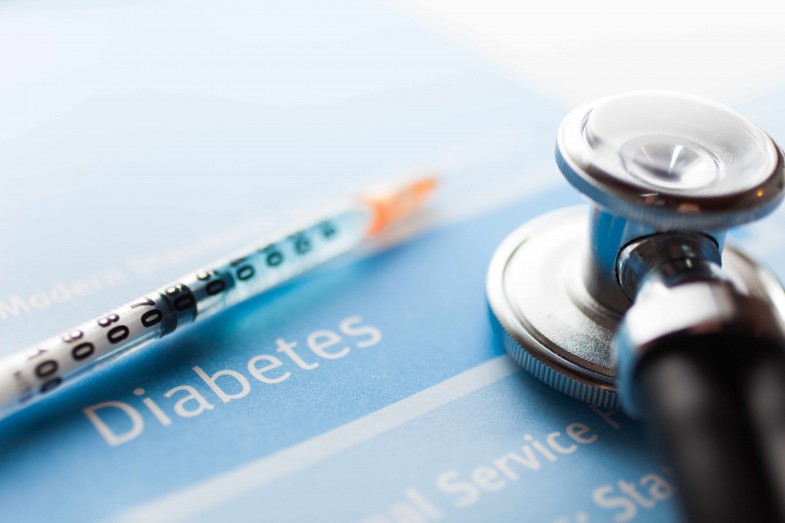
Earlier this month, I reported about how to help prevent hip fractures as you get older. The post dealt mostly with the effects of osteoporosis, which affects millions of older women and men, but mostly women. Many women lose bone density during pregnancy leaving their bones less dense, thinner and more fragile, making them more susceptible to bone fractures.
Quite often, osteoporosis is attributed to diet and lack of activity. You can find a plethora of posts on the internet that tell women to take their calcium and to use resistant exercises such as weight lifting to help fight of this crippling and deadly condition.
Many women react negatively to the idea of weight lifting, saying they don’t want to develop ‘manly’ looking muscles which take away from their feminine appearance. However, that’s not necessary. There are a variety of weight lifting exercises that can be done on a regular basis with medium weights that won’t build the manly muscles. However, it’s important to do something like weight lifting or resistance exercises as they can increase the bone density in the bones, and this can literally save a woman from painful and debilitating bone fractures and even death.
The question has been raised who is most susceptible to developing osteoporosis?
According to one report:
“Many persons suffer from this gradual loss of bone density, but when we look for people who are most at risk of showing symptoms of osteoporosis, the groups identified are usually postmenopausal women, the elderly, people who consume low calcium in their diet, people with diseases of lungs or kidneys, and people frequently using medicines like antacids or steroids.”
The same report also identified four categories of people with a higher risk of developing the disease. They are:
- Age
- Heredity
- Unhealthy lifestyle and diet
- Medications and diseases
Many women may be surprised to learn that the risk of developing osteoporosis can be an inherited trait. This question just came up when my wife visited her sister. My wife is 66 and her sister is 89, but they hadn’t had the opportunity to see each other for over 25 years.
My wife’s mom developed osteoporosis and lost 6 inches in height in her later years. The loss of height was due to her vertebra compressing down and numerous broken ribs that would not heal. Her loss of height caused her esophagus to fold back and forth, making it impossible for her to swallow food or liquids. She spent the last two years of her life taking her nourishment through a feeding tube that had been surgically inserted through her side and into her stomach. At 89-years of age, she fell and fractured her hip. It was surgically repaired but while recuperating in the hospital, her heart gave out and she passed away.
While visiting her sister, my wife found out that her sister too had lost 6 inches in height due to osteoporosis and recently fell and broke a hip. My wife said that when she saw her sister, she saw her mom at the same age.
Several years ago, my wife was told that her one hip showed signs of early osteoporosis. She started taking calcium supplements and has tried to get more active.
So, can the tendency to develop osteoporosis really be hereditary or is it just diet, medications and lifestyle?
A number of sources say that there is a genetic link to osteoporosis. Here is one report:
“Many studies find that osteoporosis and symptoms that include bone fractures or constant falls is linked to the genes. As the disease is genetic, the possibility that osteoporosis can be hereditary is clear, and a person with a family history of bone fracture or loss of bone density issue has a greater risk of developing the condition. People with a family history of osteoporosis, especially those with a small and frail body structure, are at the greatest risk of suffering from decreased bone density even at an early age.”
“There is constant research of heredity-related osteoporosis or the hereditary symptoms of reduced bone density. A recent study concluded that around 56 genetic variants are found to be linked to osteoporosis, which means causes of bone weakening, loss in bone density, symptoms of falls and bone fractures may clearly be linked to heredity.”
Knowing that there may be a genetic risk of developing osteoporosis, it’s even more important to take the necessary precautions. Take the right kind of calcium supplement, check any medications you are taking for risk factors and exercise regularly. It’s also important to get regular bone scans that will let you know if you have or are developing osteoporosis.
After learning of her sister’s osteoporosis and the possible genetic risk, this morning, my wife went to have another bone scan to see if there is any further sign of osteoporosis. Neither of us want to see her go through what her mother and sister have gone through.













